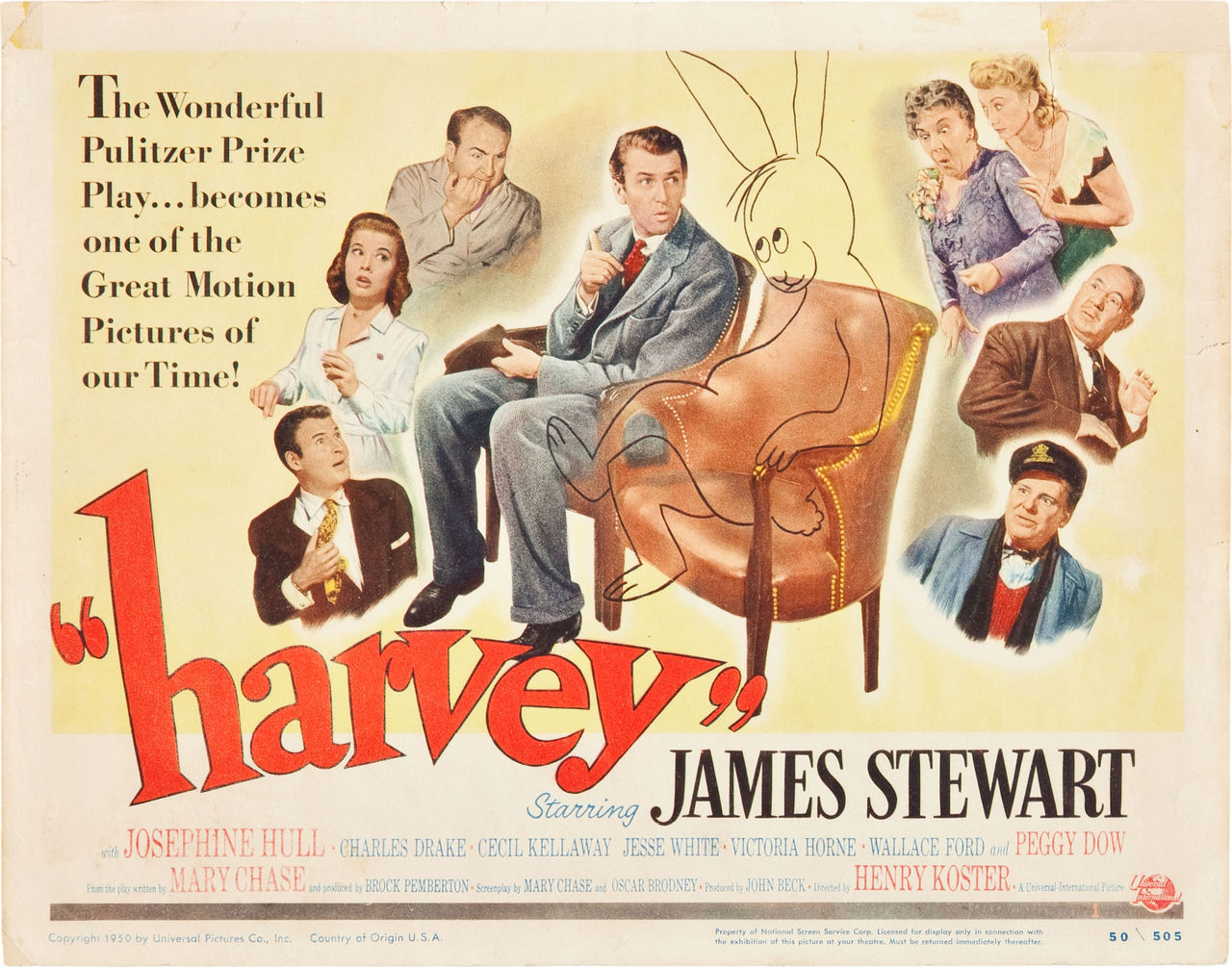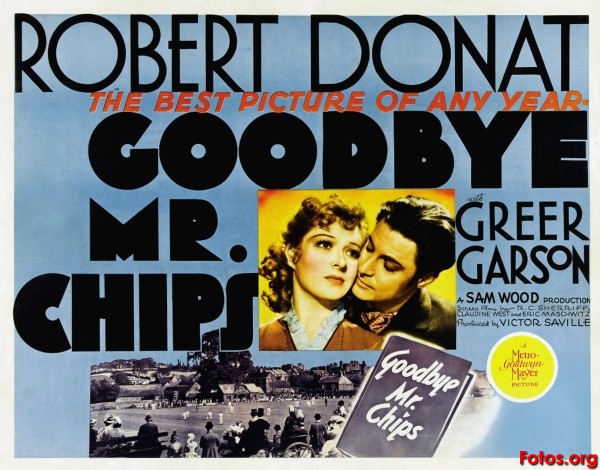What were you doing when you were a young teenager? I was skulking in my bedroom writing angry poetry. Singer/songwriter Juliette Jules, however, has been crafting beautiful songs, and this debut EP titled Black Crow (released 23rd May, 2014) is the result. It consists of five tracks, four of which are co-written by Juliette along with Peter Karroll, who also acted as producer. The fifth is a cover of the famous Hallelujah. Juliette plays guitar, piano and synths, with contributions from two guest musicians. This music is variously described as ‘acoustic’ or ‘folk underground’.
Juliette gave this EP away to lucky listeners as a gift on her 16th birthday. Most 16-year-olds throw a party and pass out after sneaking alcohol into the punch so that gesture was pretty classy. But then this young Parisian shows her class in many ways.
Her inspiration comes from diverse sources, both from the musical and the literary world. You can tell she has absorbed the poetry and drama of all she has read and heard, including punk music, the songs of Leonard Cohen and Patti Smith and the writing of Voltaire, Hemingway and Kafka. Lyrics tend to look toward the sadder portions of the soul. But the mature-sounding voice and ability to phrase so expressively lifts the listener’s mood rather than the opposite. Juliette doesn’t just sing – she delivers a performance.
Johnny Was is the first offering. Its gentle melody and sad, imaginative story about the emotionally disturbed, titular Johnny is the highlight of the EP for me. Juliette delivers a beautifully soulful vocal on the title track, Black Crow, with plaintive piano and strings and poetic, sad lyrics. The Game is a more straightforward and familiar tale of losing a boy to a rival. This song’s promotional video shows various familiar Paris landmarks. To The casino online Mountains ends the EP, finishing on a note of optimism, albeit with doubts.
As for performing Hallelujah, written by Leonard Cohen and covered by such luminaries as Tim Buckley, it is almost mandatory for a young singer-songwriter to cover it. In fact, there is such a long history of covers behind this song that it’s become a sort of rite of passage. Perhaps self-conscious about all the other versions, Juliette has tried to make it very different and to put her stamp on it. Just for my personal taste, I find the style too quirky and prefer a straight arrow rendition such as Buckley’s.
Juliette’s discovery as an artist is the stuff of dreams! She was performing in a park in Paris when manager and producer, Peter Karroll happened to be there. He was duly impressed and thus began their creative collaboration. Hollywood couldn’t make it up! Karroll’s production is spot on, enhancing but not getting in the way. It will be interesting to see how this precocious talent develops. Meanwhile, Black Crow is good company.
https://soundcloud.com/juliettejules/sets/black-crow-ep





